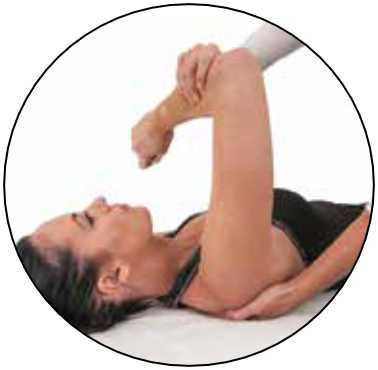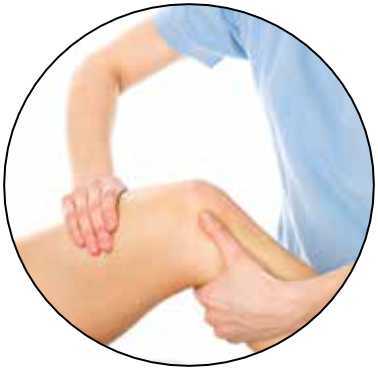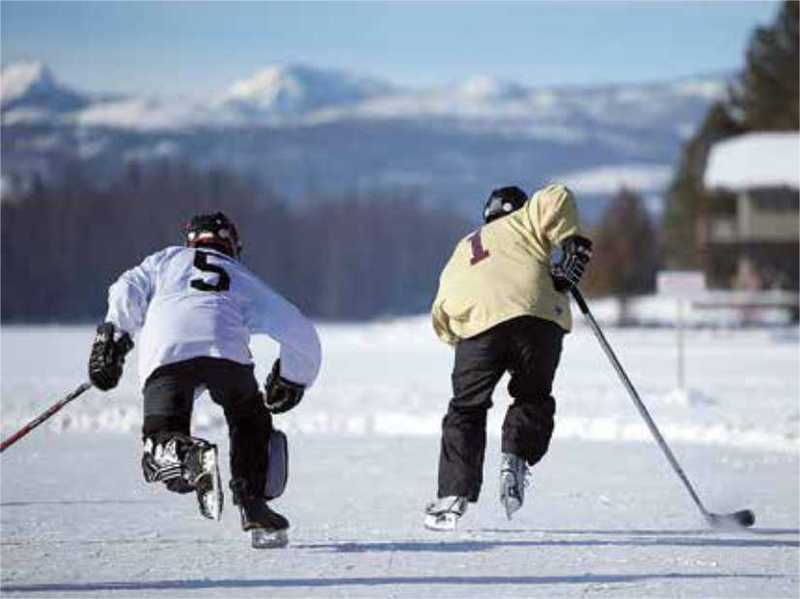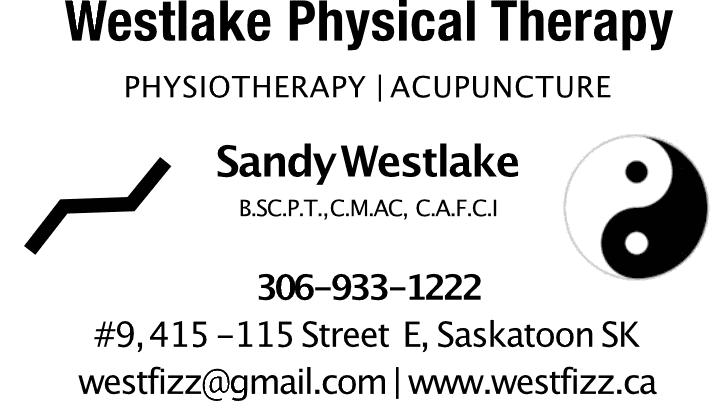
People will ask, “Why are my muscles sore and achy? Well, the answer can be either disuse/lack of use or overuse. Both can be correct. Too little activity or too much activity can leave our muscles feeling achy and sore. Sometimes they feel very tight or inflexible.
Often we equate sore muscles with doing more activity than what we are used to doing. A good example is the “New Year’s resolutions”. We have all heard or said ourselves, “Starting January 1, i am going to get in shape and exercise regularly.” So, off we go-full blast into a new exercise routine, either at home or at the gym, yoga class or bootcamp class. The possibilities are endless. Usually, within 1 to 3 days we find ourselves achy, sore, and maybe even stiff.

There are others who may experience muscle soreness from overuse or repetitive strain. examples of this may include individuals who train extremely hard and often, without enough time for the muscles to recover; for others, it may be related to their job and the repetitiveness of certain motions for 8-12 hour shifts.

Most of all, find activities you enjoy and try to fit them into your schedule on a regular basis!
So, what do you do when your muscles are sore? Is there anything to do to prevent or minimize the soreness?
####As a general rule, a good exercise program will include:
- A warm up - some gentle cardio activity to warm the muscles up and prepare the body for the main event, followed by some stretches.
- Stretches - to increase flexibility and prevent injury.
- A cardiovascular component
- Strengthening exercises - when muscles are stronger and more flexible, they aid in preventing injuries because our body is more able to withstand the stresses and strains we might unexpectedly put on it.
Other things to consider:

- Be sure to change up your routine. Participate in a variety of exercises or activities. Not only does it strengthen different muscles, but it also prevents us from becoming bored with “exercise.”
- Use proper equipment in sport and ensure you have good quality footwear/running shoes for your workout.
- Remember to practice correct technique. For example, if weight training, be aware that your technique is more important than lifting a weight that is too heavy for you.
With all this in mind, injuries and muscle soreness may still occur. Physiotherapy and acupuncture can be very beneficial in reducing pain and inflammation and assist in a speedy recovery!
###And remember... get active, stay active and take a walk outdoors!
Conditions commonly treated at Westlake Physical Therapy:
- painful condition
- migraines/headaches
- muscle and joint aches and injuries
- spinal pain
- sports injuries
- plantar fasciitis
- neck and back pain
Often Acupuncture can be used as part of a comprehensive physiotherapy treatment or on its own.
With 20+ years of experience, Sandy’s philosophy is to assess and treat each patient according to their needs. This includes a hands-on treatment approach.
Westlake Physical Therapy is here to serve you
